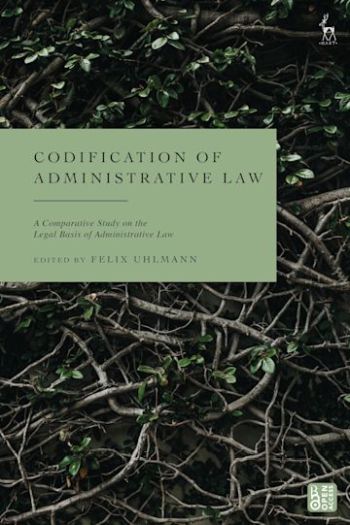
This open access book presents the first comparative study on the legal sources of administrative law. Every modern legal order needs a set of general rules to apply and enforce administrative law; the rules impose principles of action, of procedure, and of organisation of the authorities. The legal basis of these rules may be quite diverse. Some countries have tried to codify administrative law, whilst others work with few rules or unwritten rules.
The book considers the consequences that arise from the different degrees of codification of general administrative law. It presents answers to important questions including:
The book answers these questions by presenting 13 country reports, covering both civil and common law traditions, a chapter on the EU, and a comparative analysis.